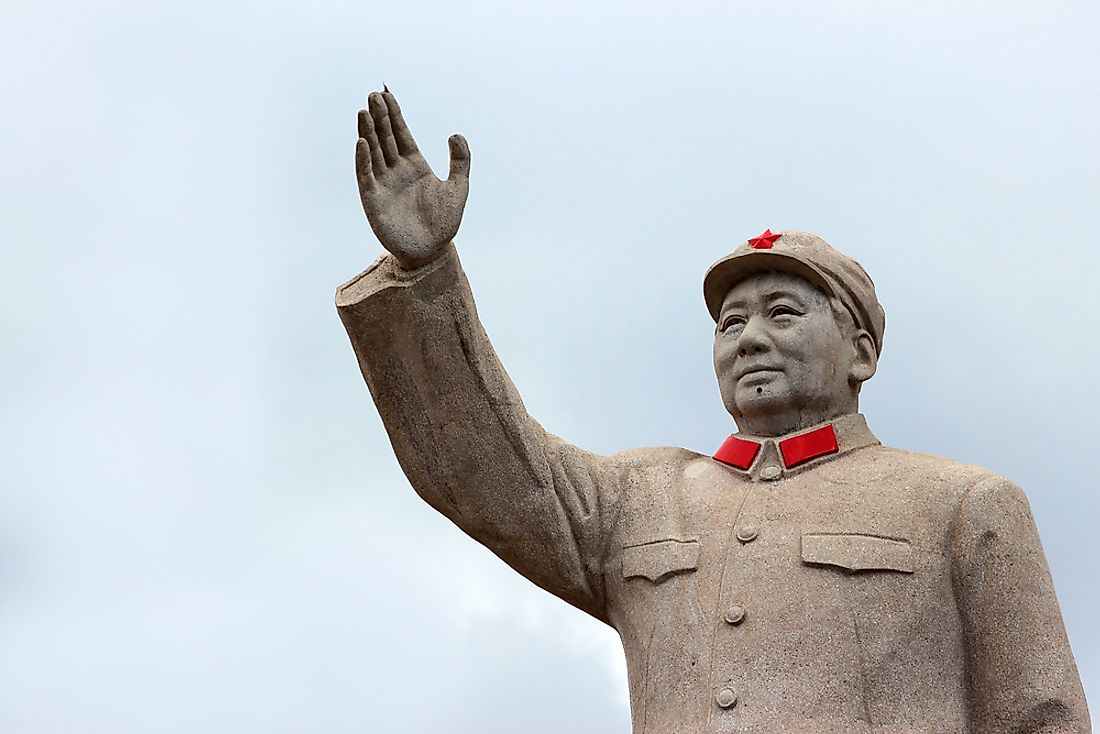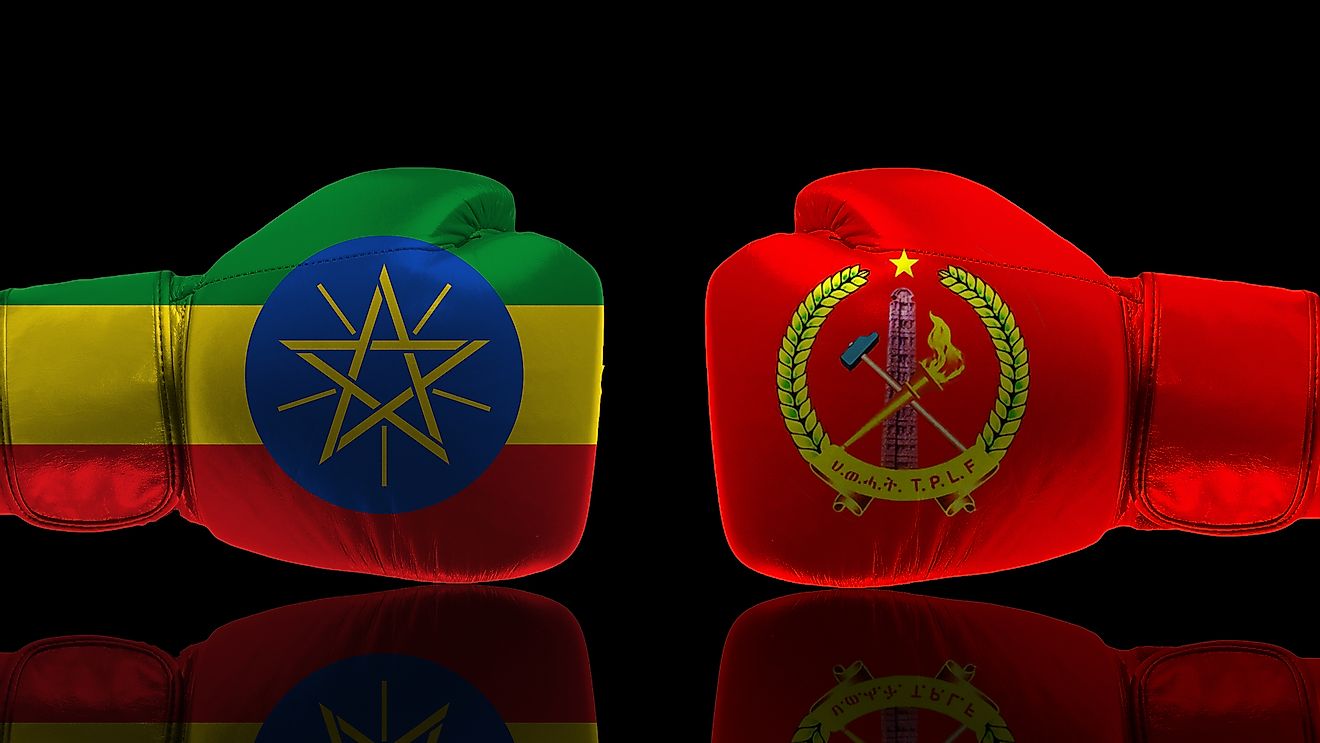What Is Despotism?

Despotism refers to an absolute political power that is vested in a single authority, which can be a person or a tightly knit group. In the word's classical sense, it refers to a state where an individual, who is called a despot, exercises complete power and authority and the rest of the people are regarded as slaves. This kind of despotism was the first form of civilization and statehood to be practiced, and a good example of the classical despot is Pharaoh of Egypt. Despot is often used to refer to a head of government who abuses power and is thus closely associated with dictator or tyrant.
Etymology
The origin of the word despot is traced to the Greek term despotes which translates to "master" or even "one with power." The word has been featured in the descriptions of multiple rulers and governments over the course of history. It referred to the absolute power exercised by the Egyptian rulers named Pharaohs and was also a title for Byzantine Emperors. The term further signified nobility in the royal Byzantine courts. The term despot cannot be objectively defined since it has had reflexive connotations in history. It is closely linked to Greek words such as autokrator and basileus although these words have been employed as titles for a variety of governors throughout history from local chieftains, kings, to emperors.
History
The term despotism seems to have been first used in the 1690s by the rivals of Louis XIV of France who used the word despotism to explain the free exercise of authority by their monarch. The term has Greek origin, and in medieval Greek usage, the term despot meant a master who governed in a household over those individuals who were servants or slaves. The word today implies tyrannical rule. Despotism can mean dictatorship where the ruler in a particular government is a complete dictator not limited by a constitution, other laws, or the opposition. Despotism can also mean absolutism or tyranny. The concept of benevolent despotism or enlightened despotism gained popularity in 18th century Europe. Absolute monarchs during this time used their power to implement several reforms in the societies and political structure of their nations. This particular movement probably resulted from the ideas popularized during the Age of Enlightenment. Montesquieu, one of the Enlightenment philosophers, suggested that despotism was suitable for large states while monarchies and republics were appropriate for moderate-sized states and small states respectively.
Despotism In The Byzantine Empire
The term despot may have a negative connotation in the modern day, but it was once an accepted title of office in the medieval Byzantine Empire. The term was initially used under Manuel I Komnenos who governed from 1143 to 1180 who used it for his appointed heir by the name of Alexius-Béla. A team of historians has suggested that the term was derived from ancient Greek despotes which means the master. If Greek is used to celebrate the Orthodox Liturgy, the deacon refers to the priest as Despot even in modern day. The despot title was mostly given to sons-in-law and eventually sons of the Emperor. Starting in the 13th century, the term was given to foreign princes. The despot was cladded in sophisticated costumes like those worn by the emperor, and he enjoyed numerous privileges. Despots governed over areas of the empire called Despotates.
Medieval Greece And Oriental Despotism
Aristotle, among all the ancient Greeks, was the most notable supporter of the idea of oriental despotism. He taught this ideology to Alexander the Great, who secured Persia from Darius II, a despotic of the Achaemenid dynasty. Aristotle suggested that oriental despotism derived its basis not from fear but rather on consent. The servile nature of the people enslaved would, therefore, feed upon the authority of the despot master. In medieval Greek society, each Greek man was free and able to hold office that is he was able to be ruled and rule. Aristotle further suggested that the people of cold nations particularly those in Europe possessed spirit but lacked intelligence and skill while those of Asia were full of intelligence and skill but lacked spirit. The Greeks thus, having both intelligence and spirit, were capable of governing other people. Herodotus asserted that it was the nature of the Orient to be governed by autocrats and he proposed a society where people became free when they legally agreed to the social contract of their city-state. Edward Gibbon proposed that the increasing use of oriental despotism by the Roman emperors was among the factors which resulted in the decline of the Roman Empire, especially from the rule of Elagabalus.
Difference Between Absolute Monarchy And Despot
Montesquieu proposed that in the case of an absolute monarchy, individual rules with absolute power as stipulated by fixed and established laws. A despot, on the other hand, reigns by his/her will and caprice.
Examples Of Despots
Several countries in the world have been ruled or continue to be ruled by despots. One of the most notorious despots is Idi Amin who ruled with absolute authority over Uganda from 1971 to 1979. Amin gained military tactics as a member of the King's African Rifles (KAR), and he remained in the armed forces of an independent Uganda. He organized a military coup in 1971 which ousted Milton Obote and made him sovereign ruler. Amin's rule was characterized by ethnic cleansing where he ordered the persecution of Acholi and Lango tribes and ordered ethnic Asians to leave Uganda. Amin was further accused of corruption, political repression, economic mismanagement, human rights abuses, and nepotism. Pol Pot was a radical Marxist head of state of Cambodia from 1975 to 1979. By the end of his four-year rule, an estimated 25% of the country's population had died. He ordered the relocation of urban residents to the rural areas to work in collective plantations as well as in forced labor projects. The difficult working conditions coupled with poor medical care and malnutrition took a toll on the population. He further orchestrated the massacre of millions of people including those wearing glasses. Mao Zedong, another despot, implemented a series of extensive social experiments in China, which resulted in great suffering among the Chinese people. The Great Leap Forward program, for example, triggered a nationwide famine which claimed 23 to 30 million lives. He subsequently orchestrated the Cultural Revolution which sought to get rid of elitists and bureaucrats and which saw the imprisonment and killing of many people.











